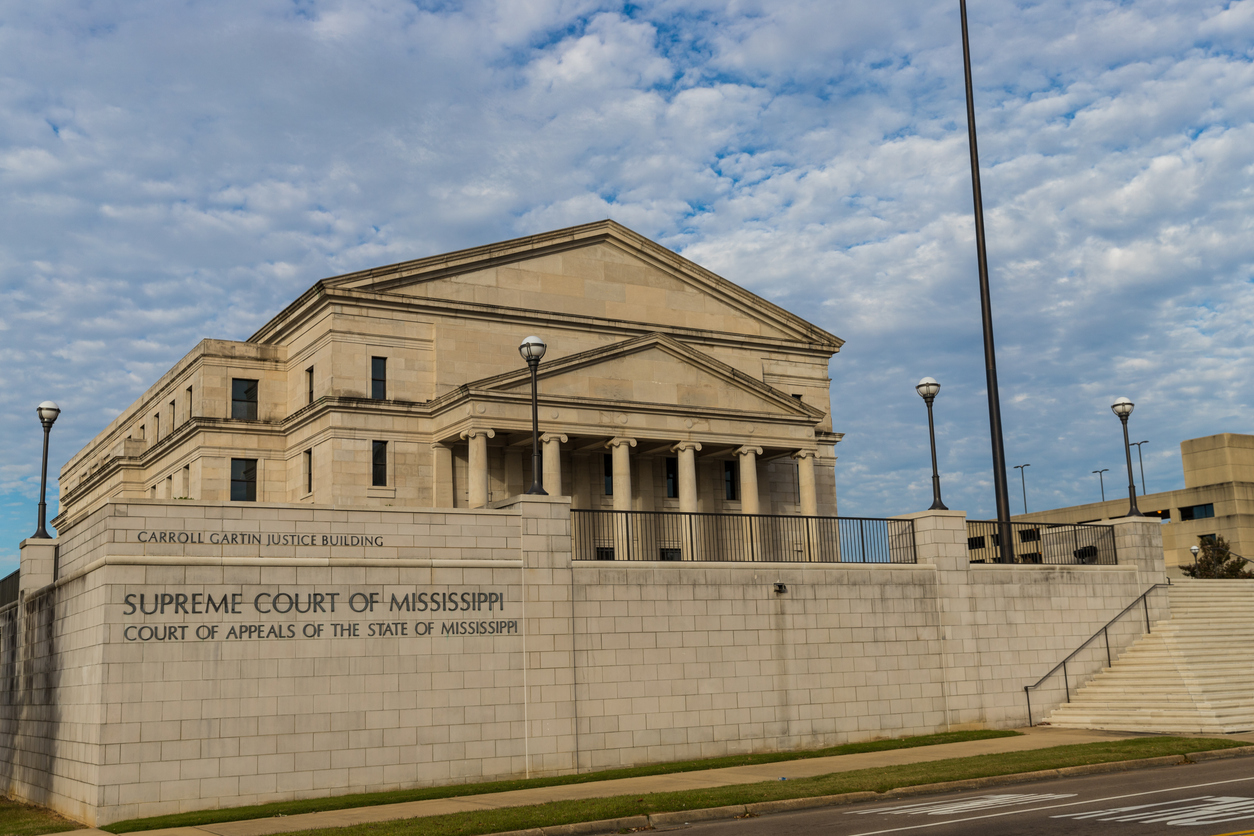The Mississippi Department of Insurance finally issued its report regarding State Farm’s claims handling following Hurricane Katrina. The findings were long and will undoubtedly be subject to criticism and interpretation. I am certain State Farm publicists will try to undermine the Rigsby sisters’ claims even more since the report essentially concluded that their assertions were unsubstantiated. State Farm will also point to the findings that no penalties were warranted. Those same State Farm publicists will NOT point out that the investigation found State Farm employees were not forthright in their interviews. State Farm attorneys will certainly not tell judges or others that State Farm employees had various and contradictory explanations as to what the anti-concurrent language means and how it worked in the adjustment of claims in Mississippi.
It has always seemed strange to me that conservative judges, insurance company lawyers, and the insurance industry can claim that the anti-concurrent language is not ambiguous when trained adjusters cannot agree as to the meaning of the clause. Those same adjusters make decisions on claims in different ways because of the ambiguity of the meaning applied to the facts of the loss. In Leonard v. Nationwide, Judge Senter found the clause ambiguous enough to afford coverage. This report helps prove he was right, and the appellate judges wrong. Ambiguity is typically proven through a standard as to whether a “lay person” or “reasonable” person could read an insurance policy in more than one way. If so, the clause will be ruled ambiguous, and the meaning in favor of the policyholder will be given.
Is there any better proof of ambiguity than the insurance company’s own adjusters giving different interpretations, some of which favor the policyholder? The Mississippi Supreme Court has a case pending before it and should take this into consideration. Maybe there is some hope for policyholders on this issue and some good will come from the report. I cursed and almost jumped out of my chair when the report indicated that the Department asked for information from policyholder attorneys. I was never asked.
Our firm had approximately 200 State Farm cases, with many of those litigated and testimony taken. While the Attorney General’s office contacted us and other policyholder attorneys, I don’t know any policyholder attorneys who were contacted by the Mississippi Insurance Department. In the end, after finding problems and criticizing State Farm for its claims actions, the Mississippi Insurance Department somehow found that no unfair claims practices were violated. I was surprised by this finding. In her story in the Sun-Herald, Ms. Lee quoted the very capable Gulfport trial attorney, Joe Sam Owens, “If I didn’t know he was the Commissioner of Insurance, I would have thought he worked for State Farm.” Amen.



